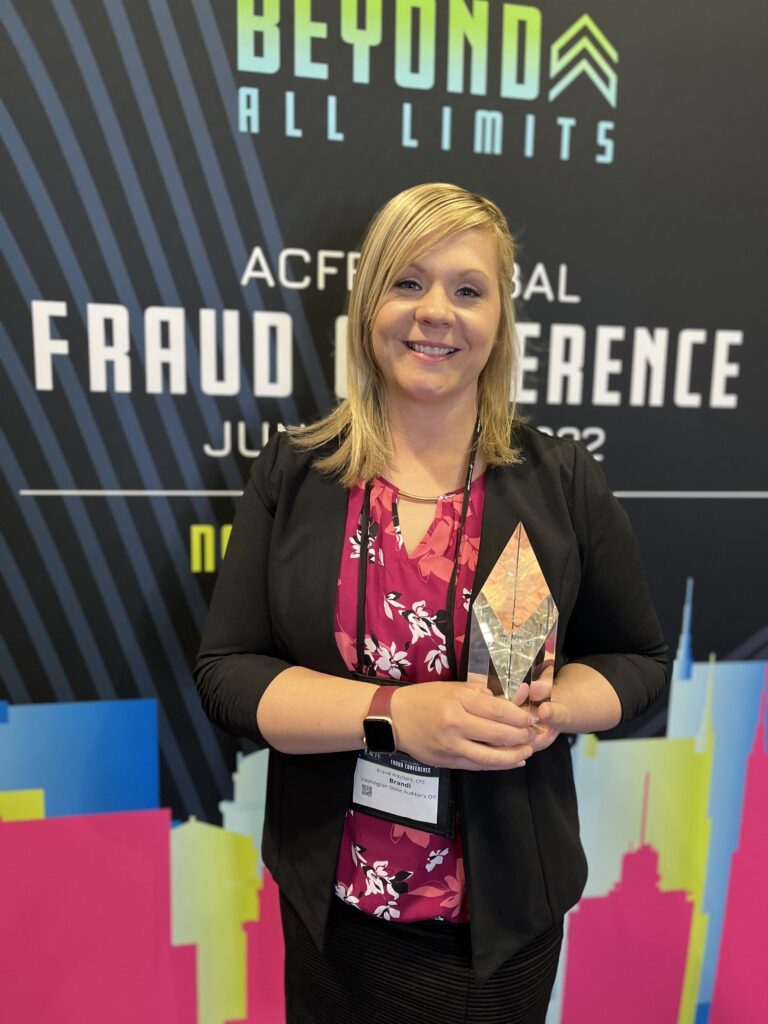What’s new with SAO’s fraud program
The Association of Certified Fraud Examiners (ACFE) recently reported that nearly a third of all fraud cases occur because of a lack of internal controls. When your government has anti-fraud controls in place, you not only increase your ability to detect fraud quicker, but also decrease potential losses resulting from fraud.

